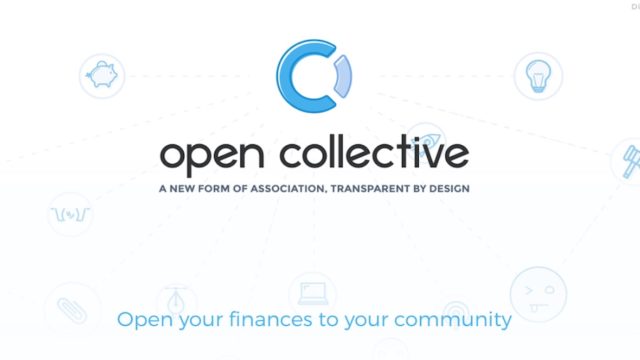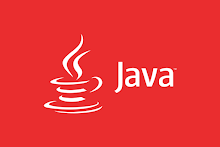
One year ago, putting yourself entirely into a position of Open Source contribution was a difficult task, there was no consistent money out of working on one. One had to have a full-time job in a company for money. Open Collective, a platform for curating funds for
open source projects, is changing that, starting with Webpack.It all started with Webpack!
Recently Webpack, managed to raise 15,000$ in 3 months. Webpack is an open sourced package/module bundler for web applications. Bundling is essentially a process of taking all your modules including your javascript/coffeescript/typescript, css, sass/less/css files, and all your assets like images, fonts into one bundled javascript file, so that one would not have to request multiple files or assets over multiple http requests (good for HTTP 1.1, probably not so needed with HTTP 2.0 (but Webpack has HTTP 2.0 support in progress, as well!)).
To save all the jargon for a layman, Webpack helps prevents this disaster of a website by many of its important features like code splitting (only asking the server what a web page needs and not throwing everything that is needed for all web pages of the web site, at once), and other optimisations it provides out of the box like inlining critical fonts and images (which could save http requests).
The project I worked for a year on at Sapient Nitro, relies heavily on Webpack, so do many other companies. So heavily do they rely on it that any disruption in its development process would significantly hinder their development workflow.
The problem was that Webpack started as a side project, a Quartet started hacking on it in their spare time, and it was a feat that they launched its 1.0 version (1.0 version is the first stable release of any project). When they started work on webpack’s 2.0 version’s pre-alpha versions, their devotion for the project was susceptible to doubts about their ability to pull out spare time to continue contributing to this development tool. On many instances of asking the future contributions to the project, one of their core members Tobias Koppers (a.k.a @wSokra) was found posting tweets and replies about the uncertainty over the date of release for 2.0 version which would have some awesome new features, one of which would be eliminating the dead code. Our project at Sapient Nitro was running cutting edge at that time (early 2016) using their latest beta release of 2.x version and we had our doubts about shipping our framework in production using a development tool still in beta.
But, 2016 turned out to be no less than a revolution of a spark for open source projects (excluding those that are already backed by big companies, for example, Angular of Google, React of Facebook, Automattic by WordPress etc.). With Webpack, and many other projects getting funding on Open Collective, an initiative to back open source projects and meetups, things are starting to change in the open source ecosystem.
Evan You, the creator Vue.js, who has been earning a living via Patreon for about a year now, so he could focus full-time on the project. Open Collective is here to make an impact and change this.
Many companies, and even individual contributors, have sponsored Webpack until now (list on Webpack’s homepage).
Some of the other significant projects who have signed up on Open Collective are:
- Cycle.js
- MochaJS
- GulpJS
- Preact
- Gatsby
One can view the full list here.
What will change from this impact?
Since companies and established developers in the community are monetarily backing up projects, things are changing.
Companies are preferring Vue.js over React, for example. Open Source Projects will be able to make more mark now than just github stars and watcher numbers. This makes open source projects more credible and established.
Even rethinkDB, whose backing company has shut down, is heading towards being open source and will start looking for more contributors to keep it alive.
Open Source is here to stay in style.

Comments
Post a Comment